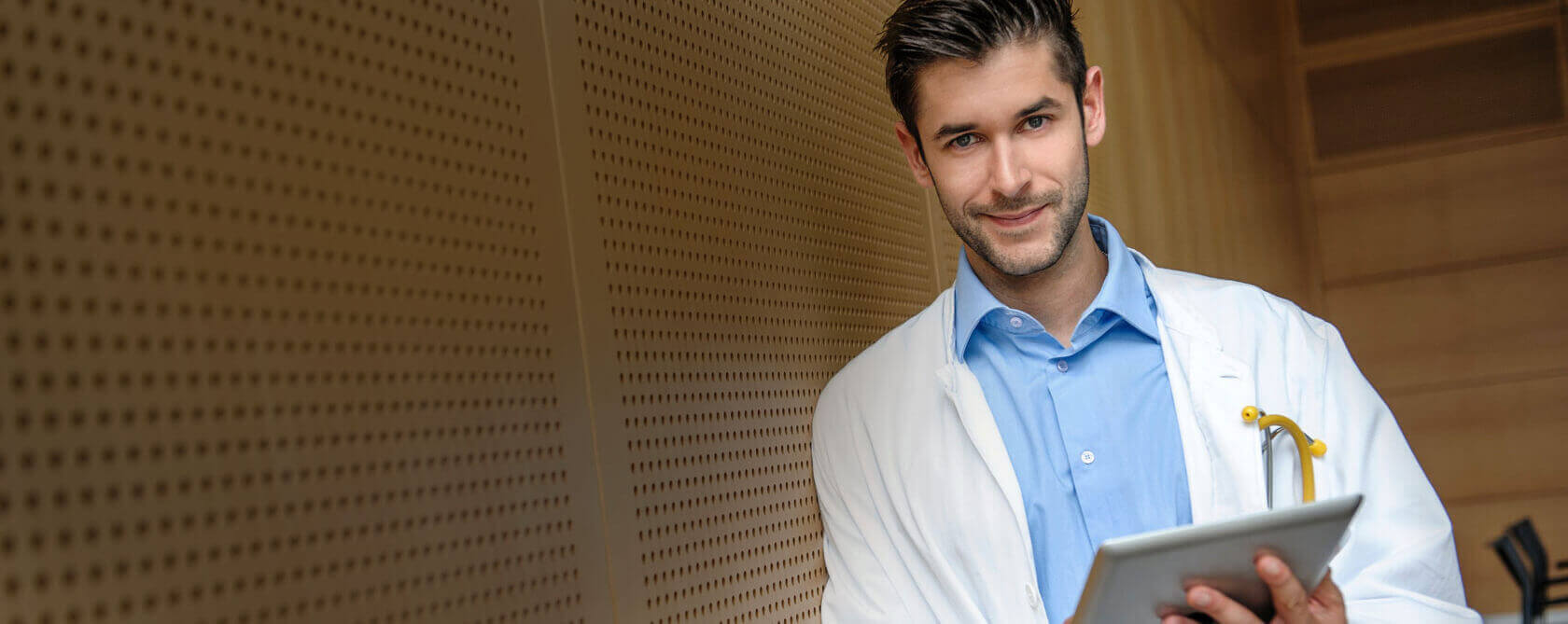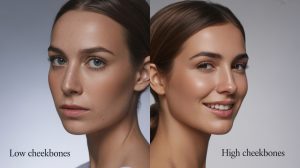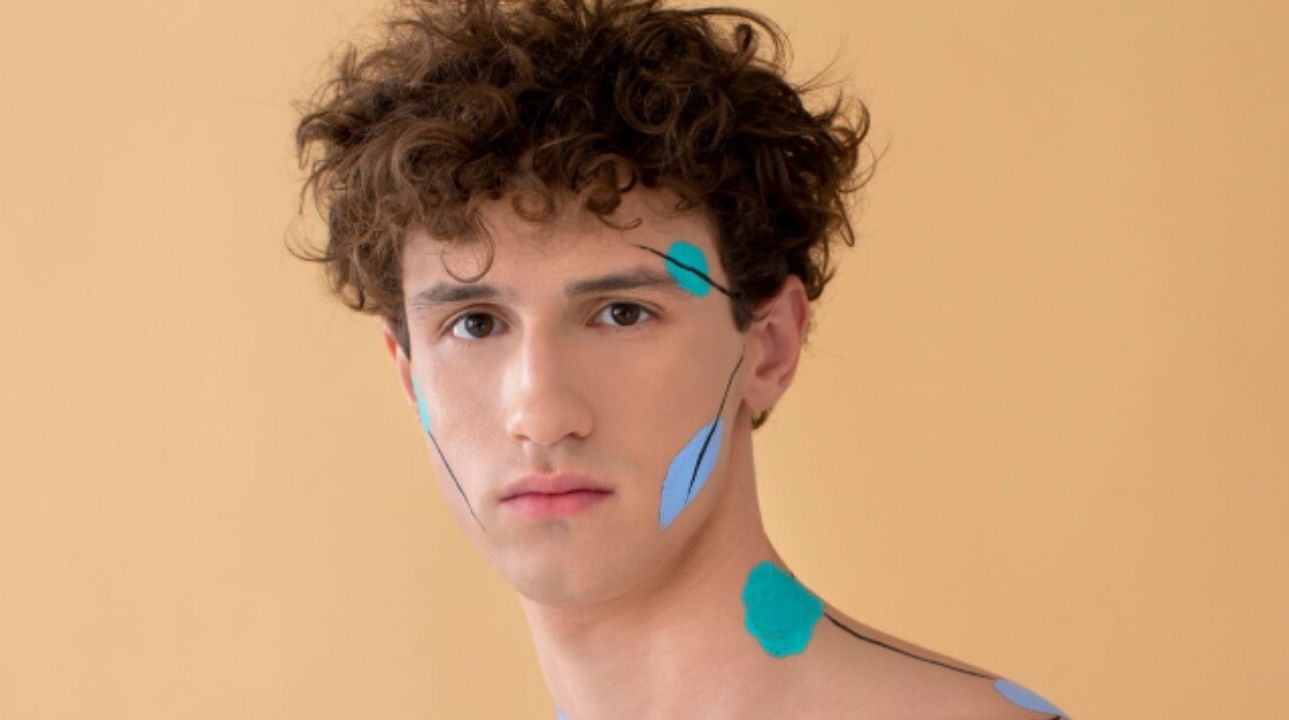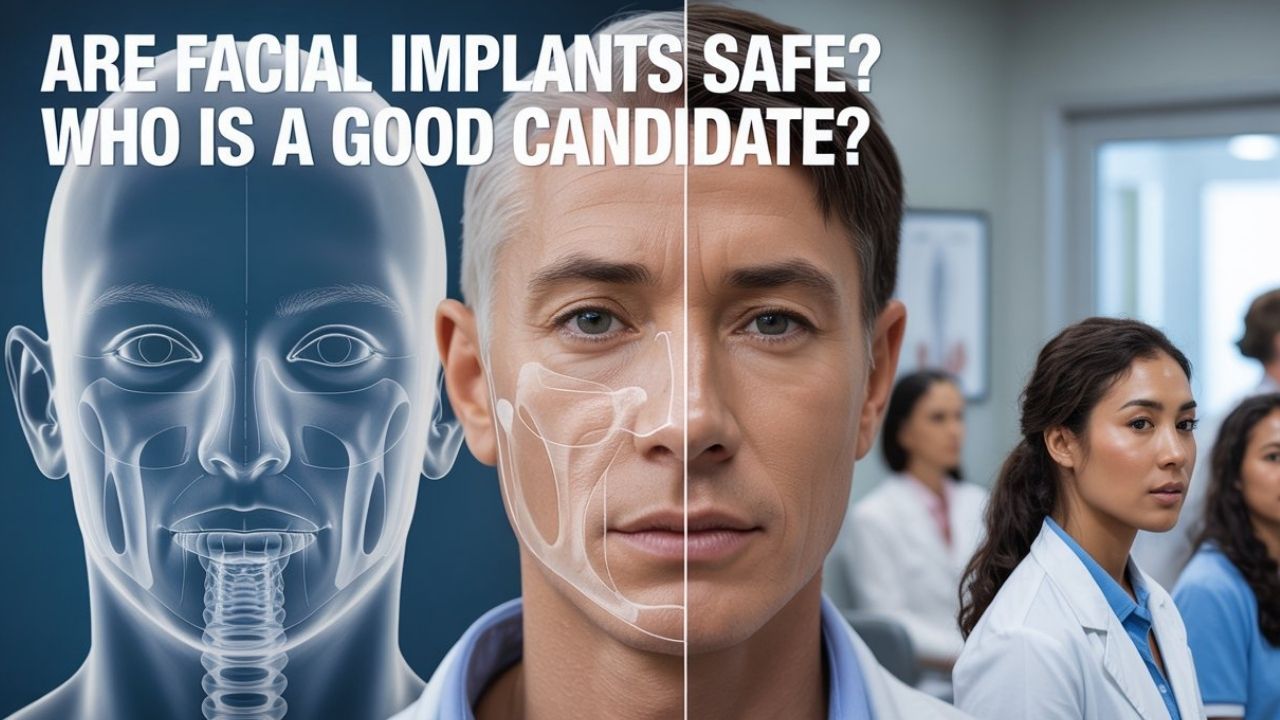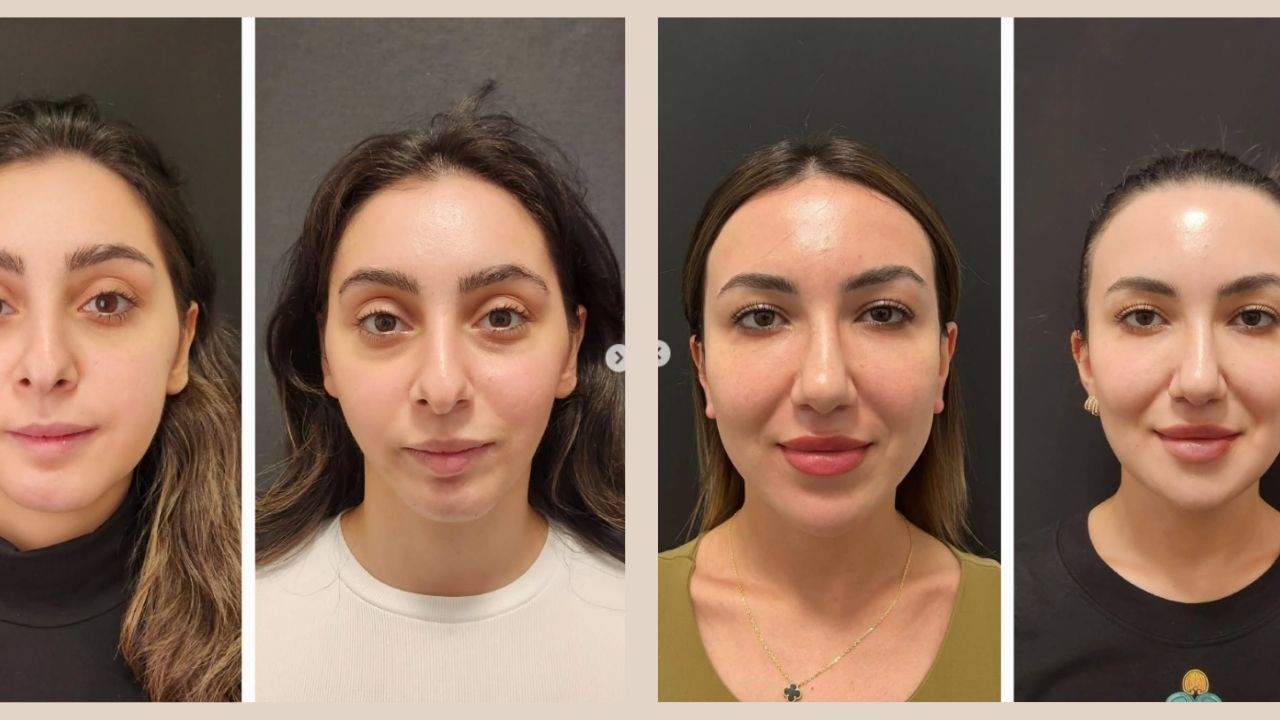The
facial implant surgeon has quickly become one of the most in-demand professionals in the aesthetic field. Facial implants refer to prosthetics used to create a more balanced and harmonious appearance in facial features. These implants are commonly applied to the cheekbones, nasal tip, chin, and jawline.
Prof. Dr. Celal Çandırlı, a highly experienced facial implant surgeon, ensures that these implants are placed with utmost precision and aesthetic sensitivity. At
MaxFace Implant Clinic, the focus is on delivering a safe, satisfying, and healthy treatment journey for every patient.
What Is a Facial Implant?
Before diving into details about a
facial implant surgeon, it’s important to first understand what a facial implant is. Facial implants are used to correct deformities—whether congenital or acquired. They help define facial contours, enhance aesthetics, and restore lost bone or soft tissue volume in specific areas.
Whether addressing asymmetry or filling out areas like the chin or cheeks, facial implants are a smart choice for restoring a natural, balanced appearance. And to ensure long-lasting results, these procedures must be performed by an expert
facial implant surgeon.
Why Are Facial Implants Performed?
Facial implants are primarily chosen to alleviate aesthetic concerns and help patients regain confidence in their appearance. However, there are several medical and structural reasons as well. Here’s why a
facial implant surgeon may recommend such a procedure:
- To correct facial asymmetry, either congenital or trauma-related.
- To create fuller cheeks and emphasize cheekbones.
- To restore bone and tissue lost due to accidents or injury.
- To compensate for bone loss caused by aging, which can affect facial harmony.
- To complement other facial surgeries like facelifts or eyelid aesthetics.
At MaxFace Implant, we are committed to delivering reliable and high-quality services.
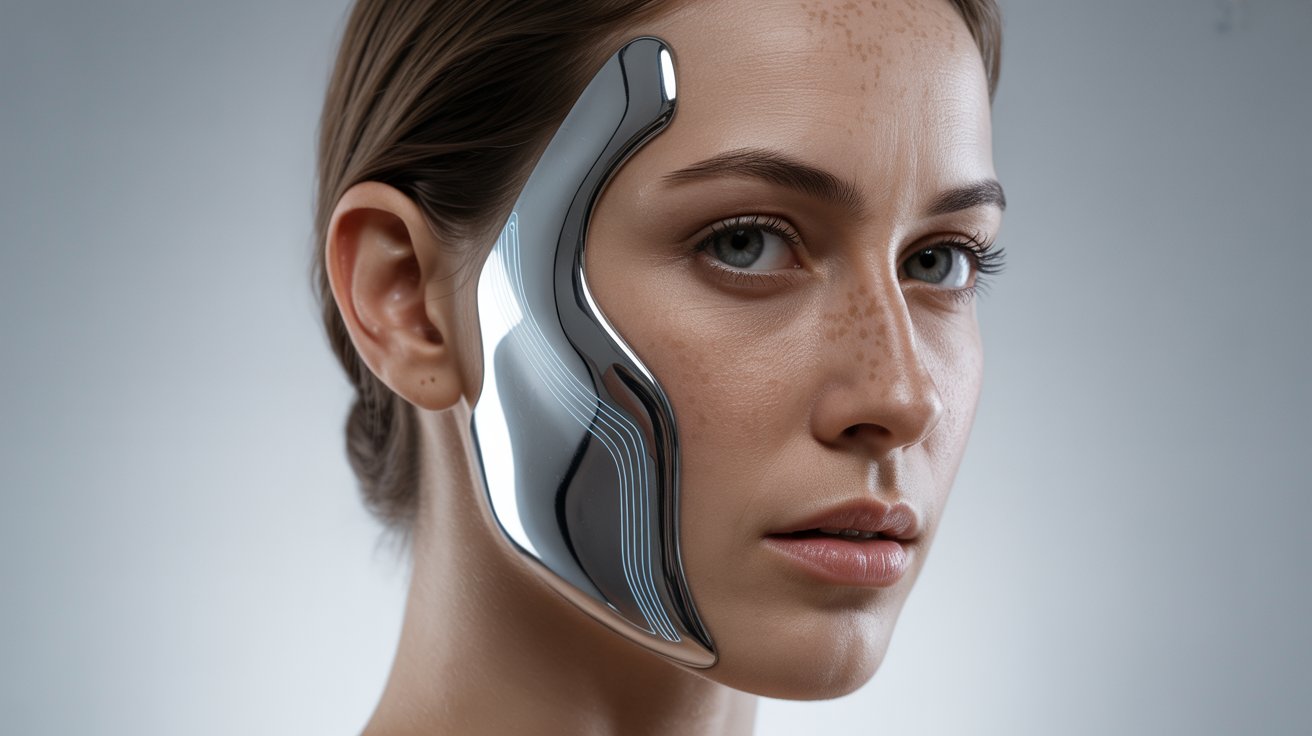
Are There Different Types of Facial Implants?
Once the initial consultation is done, your
facial implant surgeon will recommend the appropriate type of implant. Here are some common types:
- Cheek Implants
- Zygomatic Implants
- Chin Tip Implants
- Chin Implants
- Nasal Tip Implants
A – Cheek Implants
Cheek implants are placed near the cheekbones to enhance their definition. Often used to restore flattened areas due to aging or trauma, these implants bring back youthful volume and symmetry.
Materials used in facial implants closely resemble bone in texture and durability. When placed correctly by a qualified
facial implant surgeon, they offer long-term, stable results.
B – Chin Implants | Facial Implant Surgeon
The chin plays a crucial role in creating a youthful profile. Procedures performed in this area depend on the patient’s facial structure and goals. Chin reshaping surgery is typically performed under general anesthesia for patients over 20 years old.
In cases where the chin is recessed, small metal plates and screws may be used to advance and secure the implant. This entire procedure is handled meticulously by your
facial implant surgeon.
C – Recovery After Chin Implant Surgery
Depending on the extent of the surgery, patients may need to stay in the hospital for one or two nights. The treated area is usually covered with a dressing, and patients are prescribed antibiotics and painkillers.
Oral hygiene is vital during recovery. Some discomfort, swelling, and sensitivity are expected. As chewing will be limited, a liquid diet is advised for the first few days. Avoiding strenuous activity for at least four weeks is also important.
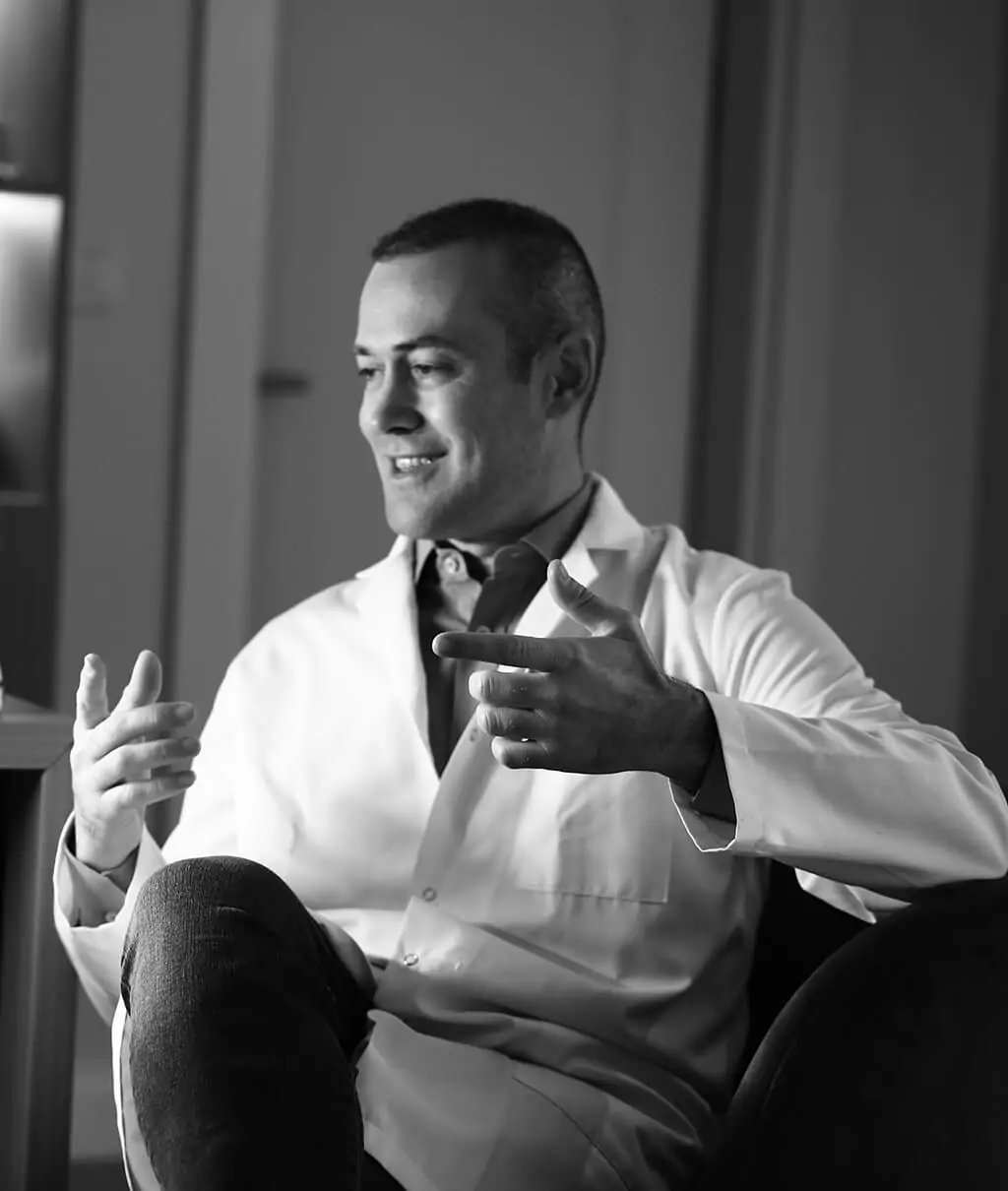 What Surgeries Does a Facial Implant Surgeon Perform?
What Surgeries Does a Facial Implant Surgeon Perform?
A
facial implant surgeon is a specialist in oral, facial, and maxillofacial surgery who performs procedures to enhance facial structure. These may involve the chin, jaw, nose, cheeks, lips, or areas around the eyes:
- Cheekbone augmentation using implants for improved symmetry
- Chin implants to lengthen or reshape the chin area
- Nasal implants for correcting cartilage or tissue loss
- Lip and eyelid implants for aesthetic or reconstructive needs
Why Choose Prof. Dr. Celal Çandırlı as Your Facial Implant Surgeon?
Prof. Dr. Celal Çandırlı is a renowned
facial implant surgeon specializing in maxillofacial surgery, facial aesthetics, and reconstructive procedures. With over two decades of clinical experience, he has successfully performed thousands of facial implant surgeries—particularly in complex areas such as the cheekbones, chin, and jawline.
At
MaxFace Implant Clinic, Prof. Çandırlı applies the latest surgical techniques and uses high-quality biocompatible implant materials. He stands out for both his technical precision and his personalized approach. Every patient receives a custom treatment plan tailored to their unique facial structure and aesthetic goals.
Choosing Prof. Dr. Celal Çandırlı means trusting a
facial implant surgeon who blends medical expertise with an artistic eye—ensuring safe, aesthetic, and long-lasting results.

Frequently Asked Questions About Facial Implant Surgeons
1 – Are Chin Implants Permanent?
Yes, chin implants are designed to be permanent solutions. They are durable and offer long-term aesthetic results. Your
facial implant surgeon will provide detailed information about the surgery and recovery process.
2 – Do Implants Cause Jawbone Loss?
No. Facial implants, including those placed in the chin, do not cause bone erosion. In patients with pre-existing bone loss, your
facial implant surgeon will assess the condition carefully to avoid complications.
3 – What Is Facial Surgery?
Facial surgery is a specialty that combines dental and medical expertise. It deals with structural and soft tissue conditions in the mouth, jaw, and facial areas. A qualified
facial implant surgeon is trained in both fields to provide comprehensive care.

 What Surgeries Does a Facial Implant Surgeon Perform?
What Surgeries Does a Facial Implant Surgeon Perform?
